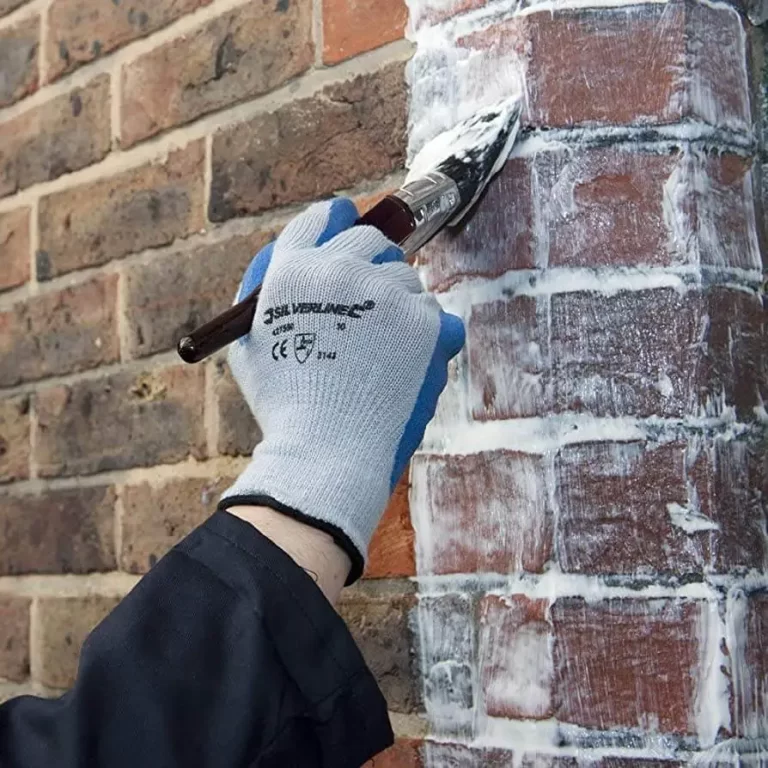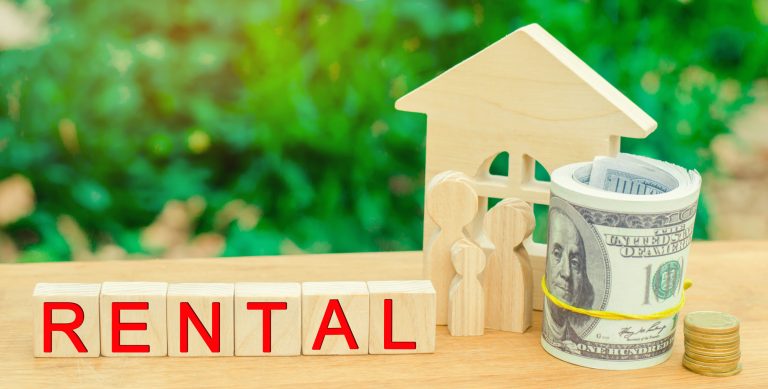A Beginner’s Guide to Understanding Mortgage Equity
For most people, purchasing a home is one of the biggest financial decisions they’ll ever make. It often involves obtaining a mortgage, which is a loan specifically designed for buying property.
When you take out a mortgage, you not only become a homeowner, but you also begin to build equity in your property.
Understanding home equity mortgage is essential for anyone considering homeownership or looking to make informed financial decisions. In this beginner’s guide, we’ll explore what is mortgage equity, how it works, and why it matters.
What is Mortgage Equity?
Mortgage equity refers to the portion of your home’s value that you actually own. It is the difference between the current market value of your property and the outstanding balance on your mortgage.
In other words, it’s the amount of ownership you have in your home that isn’t financed through your mortgage loan. As you make mortgage payments and reduce your loan balance, your equity increases.
How Does Mortgage Equity Build?
Equity in your home typically builds through two primary methods. It’s important to understand the difference of these two. Let’s take a closer look at each:
Paying Down the Mortgage Principal
When you make monthly mortgage payments, a portion of the payment goes toward reducing the principal balance of your loan. The principal represents the original amount borrowed to purchase the property. As you make mortgage payments over time, the principal balance decreases, and your equity in the property increases.
For example, let’s say you purchased a home for $300,000 with a 20% down payment ($60,000) and obtained a mortgage for the remaining $240,000. As you make mortgage payments, a portion goes toward interest charges, while the remainder goes toward paying down the principal balance. With each payment, the principal balance decreases, and your equity in the property grows.
Property Value Appreciation
Property value appreciation refers to an increase in the market value of your home over time. Numerous factors can influence property values, such as:
- Location
- Market conditions
- Economic factors
- Neighborhood improvements
When the value of your property increases, it directly impacts your equity. For instance, if your home’s market value increases from $300,000 to $350,000, you gain $50,000 in equity without making any additional mortgage payments. This increase in value can be due to factors like renovations, improvements in the neighborhood, or a strong real estate market.
Take note that property value appreciation is influenced by external factors beyond your control. While property values generally tend to increase over the long term, there can also be periods of stability or even decline in certain markets.
Why Does Mortgage Equity Matter?
Knowing what is mortgage equity and how it works is crucial because it represents a significant asset that you can tap into if needed. Here are a few reasons why home equity mortgage matters:
Financing Options
Mortgage equity can be used to secure a loan for other financial needs. For example, a home equity loan or a home equity line of credit (HELOC) allows you to borrow against the equity you’ve built. These options can provide funds for the following:
- Home improvements
- Debt consolidation
- Emergency expenses
Net Worth
Your home equity is an essential component of your overall net worth. Net worth is calculated by subtracting your liabilities (such as mortgage debt) from your assets (including home equity). Building equity over time increases your net worth and can contribute to long-term financial stability.
Future Real Estate Plans
When you build equity, it opens up possibilities for future real estate endeavors. If you decide to sell your home, the equity you’ve accumulated can serve as a down payment for a new property or help you upgrade to a larger home. If you plan to downsize, your mortgage equity can provide you with additional financial flexibility.
If you sell a house before paying off the loan, this means the homeowner will receive the total amount of the sale minus any outstanding debt owed on the loan. Homeowners will be able to keep this money, while the loan hold would receive the remaining amount that is due to them according to the terms of the loan.
Home Equity Loan Requirements
Home equity loans typically have specific requirements that borrowers must meet. While the exact requirements can vary, here are some common factors lenders consider when approving a home equity loan:
Sufficient Equity
The primary requirement for a home equity loan is having sufficient equity in your property. Lenders typically require homeowners to have a certain percentage of equity in their homes, often at least 15% to 20%. Equity is calculated by subtracting the outstanding mortgage balance from the current market value of the home.
Credit Score
Lenders assess the creditworthiness of borrowers by considering their credit scores. A higher credit score demonstrates responsible financial behavior. It also indicates a lower risk for the lender.
While credit score requirements can vary, a good credit score, typically above 680, is often required to qualify for a home equity loan.
Debt-to-Income Ratio
Lenders evaluate a borrower’s debt-to-income ratio (DTI) to assess their ability to repay the loan. This ratio compares the borrower’s monthly debt payments to their gross monthly income.
Most lenders prefer a DTI below 43%, although requirements can vary. A lower DTI indicates better financial stability and an increased likelihood of loan approval.
Income and Employment Verification
Lenders typically require borrowers to provide proof of income and employment. This verification helps ensure that borrowers have a steady income to make loan payments. Documents such as pay stubs, W-2 forms, and tax returns are commonly requested during the loan application process.
Property Appraisal
Lenders will often require a professional appraisal of the property to determine its current market value. This appraisal ensures that the loan amount requested aligns with the property’s worth and the lender’s risk tolerance.
Loan-to-Value Ratio (LTV)
The loan-to-value ratio is the percentage of the home’s value that the borrower is seeking to borrow. Lenders typically have maximum LTV requirements, which can vary but often range from 80% to 90%. For example, if a lender has an 80% LTV requirement and the home is valued at $300,000, the maximum loan amount would be $240,000.
Documentation
Lenders require various documents during the loan application process, including:
- Identification documents
- Mortgage statements
- Property insurance information
Any other documentation requested by the lender to assess the borrower’s financial situation and eligibility is included as well.
Tips for Building Mortgage Equity
Building mortgage equity can be a long-term goal for many homeowners. Here are some tips to help you build equity in your mortgage:
Make Extra Payments
Consider making additional principal payments whenever possible. By paying more towards the principal, you’ll reduce your loan balance faster and accelerate the growth of your equity.
Stay Informed About Market Trends
Keep an eye on your local real estate market. Being aware of property value trends can help you gauge how your equity may be affected and make informed decisions regarding your homeownership and financial plans.
Home Improvements
Enhance the value of your property through strategic home improvements. Projects that increase the market value of your home, such as kitchen upgrades or adding an extra bathroom, can positively impact your equity.
Refinancing
If you’re eligible and interest rates are favorable, consider refinancing your mortgage. Refinancing can potentially lower your monthly payments and reduce the overall interest you pay over the life of the loan. By saving on interest, you can allocate more funds towards paying down the principal balance, thereby building equity faster.
Avoid Borrowing Against Equity Unnecessarily
While tapping into your home equity can be beneficial in certain situations, such as home improvements or education expenses, it’s important to use it judiciously. Avoid borrowing against your equity for unnecessary expenses or frivolous purchases, as it can erode your ownership stake in your home and put your financial stability at risk.
Maintain Your Property
While tapping into your home equity can be beneficial in certain situations, such as home improvements or education expenses, it’s important to use it judiciously. Avoid borrowing against your equity for unnecessary expenses or frivolous purchases. Doing this can erode your ownership stake in your home and put your financial stability at risk.
Consult with Professionals
It’s always advisable to seek guidance from professionals who can provide expert advice tailored to your specific circumstances. These professionals include:
- Mortgage brokers
- Financial advisors
- Real estate agents
Any of these professionals can help you understand the intricacies of mortgage equity. They can assist you in making decisions regarding your homeownership and financial goals.
What is Negative Equity?
Negative equity, also known as an underwater mortgage or being “upside down,” occurs when the outstanding balance on a mortgage exceeds the current market value of the property. In other words, it’s when you owe more on your mortgage than what your home is worth.
Negative equity often arises when property values decline or when homeowners take on excessive debt. It can occur due to factors such as an economic downturn, a real estate market correction, or purchasing a property with a small down payment.
Understanding Mortgage Equity
In summary, understanding what is mortgage equity, how it works, and why it matters is an important component of financing a property. It is important to learn the basics, such as equity and loan-to-value ratio, in order to make the best decision for your purchase. For more detailed information and understanding, reach out to a professional mortgage expert.
We have plenty of informative articles available to you throughout our site. Check them out!






